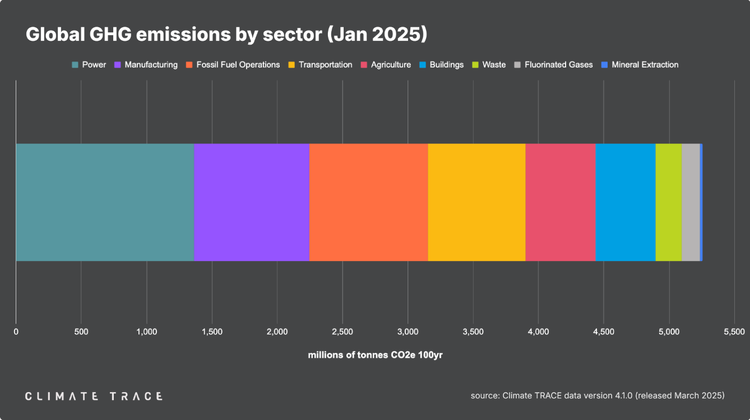Investors call for global ISSB adoption by 2025

A group of more than 120 global investors are urging policymakers to make ISSB-aligned sustainability reporting mandatory around the world by 2025 to support the transition to a net zero economy.
The coalition includes the London Stock Exchange Group, the Pakistan Stock Exchange as well as several US and European pension funds and asset managers and corporations such as Olam Food Ingredients, SAP and Shell.
They argue that governments have an essential role to play in harmonising the sustainability data reported by companies, as over 40% of the world’s 4,000 largest listed firms still did not disclose their Scope 1 and 2 emissions in 2022.
Released almost a year ago, the sustainability reporting standards published by the International Sustainability Standards Board (ISSB), known as IFRS S1 and S2, are widely considered as a reference for voluntary reporting to investors – and are already being adopted into mandatory reporting frameworks.
“Ensuring disclosure frameworks use or incorporate these new standards to deliver the ISSB’s global baseline is a natural next step to build on existing progress and prompt companies to report material information on climate and other sustainability-related risks and opportunities,” the investors write.
Adopting ISSB standards globally would reduce the reporting burden for multinational companies and help them attract international capital, they add.
Mandatory sustainability reporting for public and private companies
The investor group recommends that policymakers adopt three principles when drafting their mandatory reporting requirements. First, they should align them with the ISSB standards as a “baseline” to adopt and, if necessary, build on, since IFRS S1 and S2 were developed to address the existing fragmentation in the reporting landscape.
The coalition also believes the disclosure of transition plans is crucial to “support the financial industry globally to make informed capital allocation decisions, which add credibility to their commitments to align financing and investment activities to net zero”.
Transition plan disclosures are included in IFRS S2 on climate-related disclosures, so adopting this standard would ensure that investors around the world get the information they need.
Second, the letter calls for sustainability disclosures to apply to both publicly listed and privately held companies – though rules should be proportionate to their size and phased in, beginning with the largest firms. “This approach will promote transparency across the whole economy, and in turn help to accelerate decarbonisation,” it says.
Finally, the rules should be adopted by 2025, an urgency the coalition considers “essential” given that “the world is already falling behind in achieving the Paris Goals”.
ISSB adoption progress
As of April 2024, Brazil, Sri Lanka, Costa Rica, Nigeria and Turkey had already announced their decision to use the ISSB standards as a reference to make sustainability reporting mandatory for large or listed companies. Canada, Japan, Singapore, Australia and Malaysia have also been running consultations on the adoption of ISSB-aligned mandatory reporting standards.
In Europe, the IFRS Foundation and EFRAG recently published interoperability guidance to help companies navigate the similarities and differences between ISSB standards and the European Sustainability Reporting Standards (ISRS). And the UK government just released an update regarding its own ISSB-aligned Sustainability Disclosure Requirements, which is set to require listed companies to report on their impacts by 2026.
Additionally, the ISSB just announced that it would work closely with the Global Reporting Initiative (GRI), another voluntary sustainability disclosure framework, to ensure “seamless” interoperability – though the collaboration will initially focus on their respective biodiversity standards instead of climate disclosures.







Member discussion